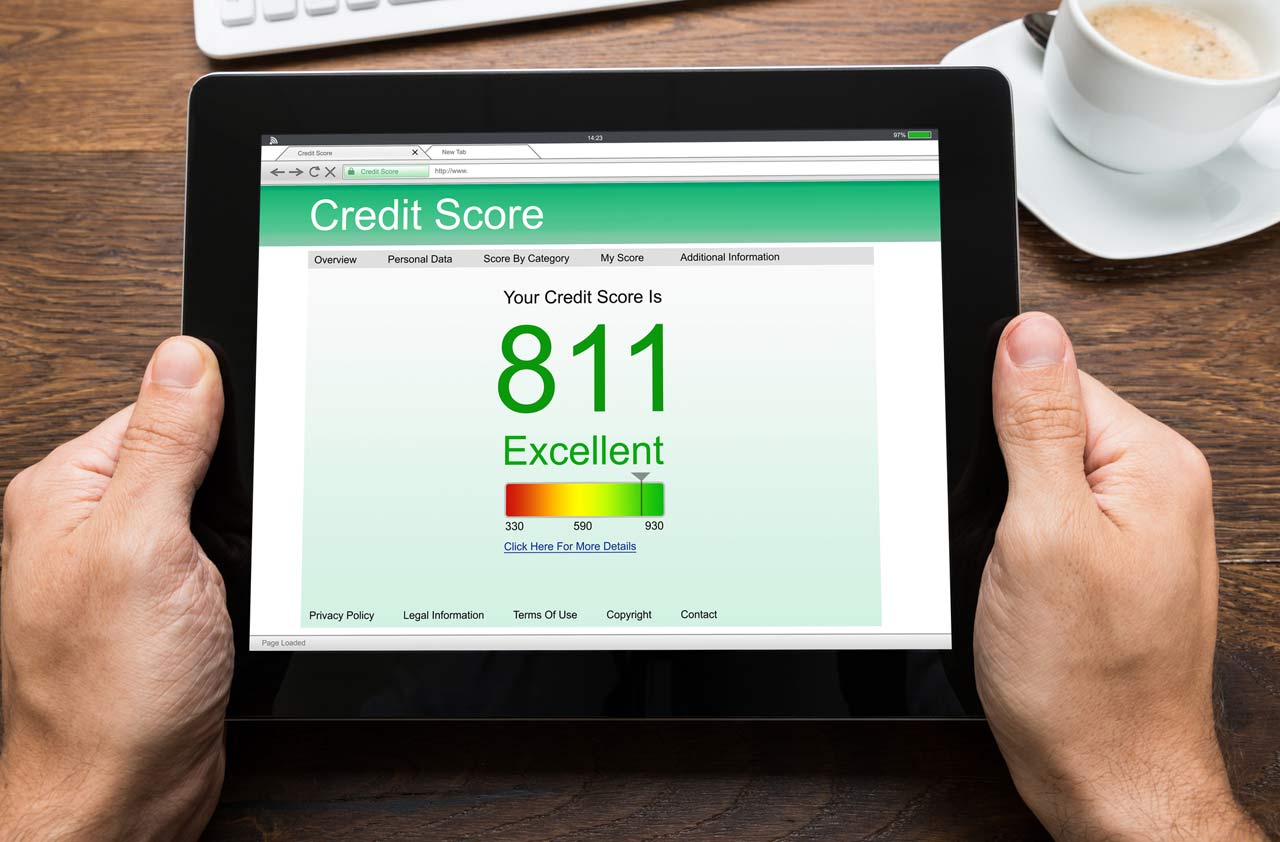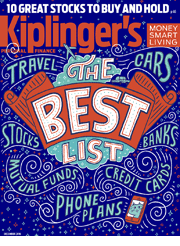The Best Personal-Finance Websites, Apps and Software of 2016
Get a jump on your 2017 finances with these solid financial tools and games.


Profit and prosper with the best of Kiplinger's advice on investing, taxes, retirement, personal finance and much more. Delivered daily. Enter your email in the box and click Sign Me Up.
You are now subscribed
Your newsletter sign-up was successful
Want to add more newsletters?

Delivered daily
Kiplinger Today
Profit and prosper with the best of Kiplinger's advice on investing, taxes, retirement, personal finance and much more delivered daily. Smart money moves start here.

Sent five days a week
Kiplinger A Step Ahead
Get practical help to make better financial decisions in your everyday life, from spending to savings on top deals.

Delivered daily
Kiplinger Closing Bell
Get today's biggest financial and investing headlines delivered to your inbox every day the U.S. stock market is open.

Sent twice a week
Kiplinger Adviser Intel
Financial pros across the country share best practices and fresh tactics to preserve and grow your wealth.

Delivered weekly
Kiplinger Tax Tips
Trim your federal and state tax bills with practical tax-planning and tax-cutting strategies.

Sent twice a week
Kiplinger Retirement Tips
Your twice-a-week guide to planning and enjoying a financially secure and richly rewarding retirement

Sent bimonthly.
Kiplinger Adviser Angle
Insights for advisers, wealth managers and other financial professionals.

Sent twice a week
Kiplinger Investing Weekly
Your twice-a-week roundup of promising stocks, funds, companies and industries you should consider, ones you should avoid, and why.

Sent weekly for six weeks
Kiplinger Invest for Retirement
Your step-by-step six-part series on how to invest for retirement, from devising a successful strategy to exactly which investments to choose.
The picks below are part of Kiplinger’s Personal Finance’s annual Best List, a roundup of the best values in all the areas we cover – from funds, stocks and ETFs to credit cards and bank accounts to cars, college, kid stuff, phone plans, travel and health. Discover all our Best List picks here.

Kiplinger's Best List, 2016
- Best Mutual Funds You Can Invest in for $125 or Less
- Best Mutual Funds for Dividend Investors
- Best Mutual Funds for Rising Interest Rates
- Best Mutual Funds for Investing in Value Stocks
- Best Stocks for Yield at a Reasonable Price
- Best Online Brokers
- Best Rewards Credit Cards
- Best Deals in Online Banking
- Best Personal-Finance Websites, Apps and Software
- Best New Car Values
- Best Shopping Websites and Apps
- Best Ways to Save Time and Money on Travel
- Best Package Tours for Your Money
- Best Travel Discounts for Seniors
- Best Phone Plans for Every Type of User
- Best Websites and Tools to Save on Your Health
Free credit sites
At CreditKarma.com, sign up to see VantageScore scores and credit report information from credit agencies Equifax and TransUnion. Plus, get alerts of changes to your TransUnion report, such as a new credit card or loan account. To see your FICO score, create an account with Discover’s Free Credit Scorecard. The service is available to all, not just Discover card customers.
ID theft prevention
News that hackers stole user information from at least 500 million Yahoo accounts in 2014 underscores the importance of using strong, diverse passwords and updating them regularly. Dashlane is a password manager that collects and stores passwords for websites you visit. The Password Changer feature allows you to automatically generate new passwords for eligible sites all at once (bank and e-mail accounts, however, weren’t on the list recently). With the Premium version ($39.99 annually), sync Dashlane across multiple devices and back up your account to the cloud.
From just $107.88 $24.99 for Kiplinger Personal Finance
Become a smarter, better informed investor. Subscribe from just $107.88 $24.99, plus get up to 4 Special Issues

Sign up for Kiplinger’s Free Newsletters
Profit and prosper with the best of expert advice on investing, taxes, retirement, personal finance and more - straight to your e-mail.
Profit and prosper with the best of expert advice - straight to your e-mail.
Way to check out a charity
Charity Navigator analyzes the financials of more than 8,000 charities and gives star ratings based on financial health (it recently updated its methodology) and on accountability and transparency. It’s easy to search for charities to support; the top-rated ones are listed by category, including charities that focus on recent natural disasters.
Online tax software
TurboTax makes the tax code understandable, which is no mean feat. It also allows you to import documents electronically from more than 1.4 million employers and financial institutions. The biggest downside is cost. TurboTax Premier, which you must use to report investment income, starts at about $50 and rises throughout the filing season to nearly $80 (a state return costs $37 to $40). DIYers on a budget should consider H&R Block, which is also easy to navigate and doesn’t require an upgrade if you have investment income. Its Deluxe version starts at about $35 for early filers; a state return costs $37 to $40.
Personal finance games
Yes, it takes forever to finish, but Monopoly is about more than just real estate. Players need to make wise choices about saving and spending, assess their appetite for risk, and strategically negotiate with others. (Monopoly Junior is tailored to players ages 5 to 8.) Financial Football is an app (and online game) that’s adaptable to your age and skill level. Answering questions about banking, debt, ID theft and more determines how far you advance down the field.
Podcast
Stacking Benjamins applies a light touch to a variety of personal finance topics, including quirky investments, money habits that waste your time, and how to endure a time-share sales pitch without falling for it.
College savings plan
Invest in a 529 plan directly from your state if it offers a tax incentive—which will typically win out over lower fees in an out-of-state program. If your state doesn’t offer a tax break—or if you live in Arizona, Kansas, Maine, Missouri, Montana or Pennsylvania, which offer a tax break no matter where you invest—look for a plan that best suits your investing style. For example, for hands-on investors, we like the Utah Educational Savings Plan. For low fees, take a look at New York’s 529 College Savings Program. There’s no annual account fee and funds carry a slim, 0.16% expense ratio.
Student loan tool
IonTuition makes it easy to see all of the details of your student loans and evaluate repayment options. The site will also alert you if you miss a payment or your loan servicer changes. Its free chat feature connects you with loan counselors who can help you pick the best repayment strategy.
Profit and prosper with the best of Kiplinger's advice on investing, taxes, retirement, personal finance and much more. Delivered daily. Enter your email in the box and click Sign Me Up.

Lisa has been the editor of Kiplinger Personal Finance since June 2023. Previously, she spent more than a decade reporting and writing for the magazine on a variety of topics, including credit, banking and retirement. She has shared her expertise as a guest on the Today Show, CNN, Fox, NPR, Cheddar and many other media outlets around the nation. Lisa graduated from Ball State University and received the school’s “Graduate of the Last Decade” award in 2014. A military spouse, she has moved around the U.S. and currently lives in the Philadelphia area with her husband and two sons.
-
 Nasdaq Leads a Rocky Risk-On Rally: Stock Market Today
Nasdaq Leads a Rocky Risk-On Rally: Stock Market TodayAnother worrying bout of late-session weakness couldn't take down the main equity indexes on Wednesday.
-
 Quiz: Do You Know How to Avoid the "Medigap Trap?"
Quiz: Do You Know How to Avoid the "Medigap Trap?"Quiz Test your basic knowledge of the "Medigap Trap" in our quick quiz.
-
 5 Top Tax-Efficient Mutual Funds for Smarter Investing
5 Top Tax-Efficient Mutual Funds for Smarter InvestingMutual funds are many things, but "tax-friendly" usually isn't one of them. These are the exceptions.
-
 9 Types of Insurance You Probably Don't Need
9 Types of Insurance You Probably Don't NeedFinancial Planning If you're paying for these types of insurance, you might be wasting your money. Here's what you need to know.
-
 When Tech is Too Much
When Tech is Too MuchOur Kiplinger Retirement Report editor, David Crook, sounds off on the everyday annoyances of technology.
-
 I Let AI Read Privacy Policies for Me. Here's What I Learned
I Let AI Read Privacy Policies for Me. Here's What I LearnedA reporter uses AI to review privacy policies, in an effort to better protect herself from fraud and scams.
-
 Amazon Resale: Where Amazon Prime Returns Become Your Online Bargains
Amazon Resale: Where Amazon Prime Returns Become Your Online BargainsFeature Amazon Resale products may have some imperfections, but that often leads to wildly discounted prices.
-
 What Is AI? Artificial Intelligence 101
What Is AI? Artificial Intelligence 101Artificial intelligence has sparked huge excitement among investors and businesses, but what exactly does the term mean?
-
 H&R Block Faces Hefty $7 Million Fine: What It Means for Taxpayers
H&R Block Faces Hefty $7 Million Fine: What It Means for TaxpayersTax Filing A tax prep industry giant was accused of deceiving customers and making downgrading difficult.
-
 457 Plan Contribution Limits for 2026
457 Plan Contribution Limits for 2026Retirement plans There are higher 457 plan contribution limits in 2026. That's good news for state and local government employees.
-
 The Best Tech Stocks to Buy
The Best Tech Stocks to BuyTech stocks are the market's engine of growth. But what defines a tech stock? How do you find the best ones to buy? We take a look here.